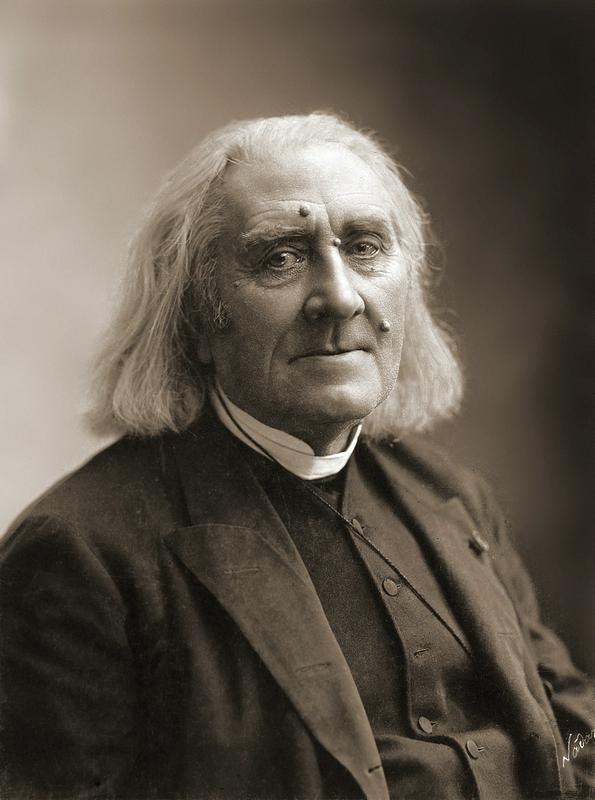

I don’t know if they would have accepted “List”. While she was missing a vowel, the “s” and “z” sounds in Liszt sort of blend together, so the judges likely decided that “Lizt” or “Lizst” would be accepted. One recent exception to this rule was when Franz Liszt was the correct FJ response, and one contestant responded with “Who is Lizt”. Normally if you change a consonant, something is not going to be pronounced the same way, while changing vowels could still lead to similar pronunciation.

While your spelling can be incorrect, what you have spelled should be possible to pronounce in the same way as the intended correct response. In Final Jeopardy, the rules are similar, but the opposite is true. It often comes up in cases of foreign words, or names of famous people that someone has seen in writing many times, but rarely has heard spoken aloud. Without examples in front of me this is hard to explain. Generally this means that you could change vowel sounds, but you need to use the correct consonants, otherwise what you’ve said does not appear to be the same word as the intended correct response. Those may be poor examples, but I can’t really think of any good ones at the moment.Īs to the consonant/vowel distinction, the general rule is that when giving a response verbally, you don’t have to pronounce it correctly, but you must at least give something that could be a possible phonetic pronunciation of the correct spelling.

However, incorrect or missing articles within a title will lead to an incorrect ruling, such as “One Flew Over a Cuckoo’s Nest” or “Gone With Wind”. It is generally accepted that leading articles can be omitted and still be ruled correct, as in “Grapes of Wrath” or “Midsummer Night’s Dream”. There are a lot of little rules of thumb that longtime viewers of the show have been able to piece together over the years, and most times the show’s rulings seem pretty consistent with past precedents. There may be some general guidelines for acceptable responses in this paperwork, but they probably don’t cover all possible scenarios, and the judges’ decision will always be final.

I believe that in the contestant paperwork, all players must sign something agreeing that all judges’ decisions are final. It has been mentioned that this could be done for liability purposes, because if the judges were to make a ruling that went against their written rules, a player could potentially sue them, or something like that. I have no official source for this, but from what I’ve heard from various people over the years, there is no official written set of rules that the judges are required to abide by. Here are a couple of excerpts from my post this summer that might help shed some light on this whole idea of spelling vs. That’s why there was quite an uproar this past summer when a young Jeopardy! contestant misspelled Emancipation Proclamation as “ EmancipTation Proclamation.” Why am I focusing on the pronunciation and not the spelling? Because from what people have identified in watching the show, it’s the pronunciation that the judges emphasize in this game. That is, you can pronounce “Yul Brynner” effectively the same way that you pronounce, “Yule Brenner.” While it’s true that they did spell their answer incorrectly, note that it doesn’t really change the pronunciation of the two names. Most people would think that they answered incorrectly. However, the last contestant (there are usually three), spelled their answer, “Yule Brenner.” Note the “E” in the first name and the “E” replacing the “Y” in the last name. Īs it was retold to me through email, the “answer” (or question, as it were) to final jeopardy tonight was “Yul Brynner.” One of the contestants correctly spelled this and one of the other contestants answered incorrectly. This person alerted me to a something that happened on tonight’s (January 2nd, 2014) final jeopardy. Earlier tonight, I received an email from someone who found a post I wrote this past summer about the official final jeopardy spelling rules.


 0 kommentar(er)
0 kommentar(er)
